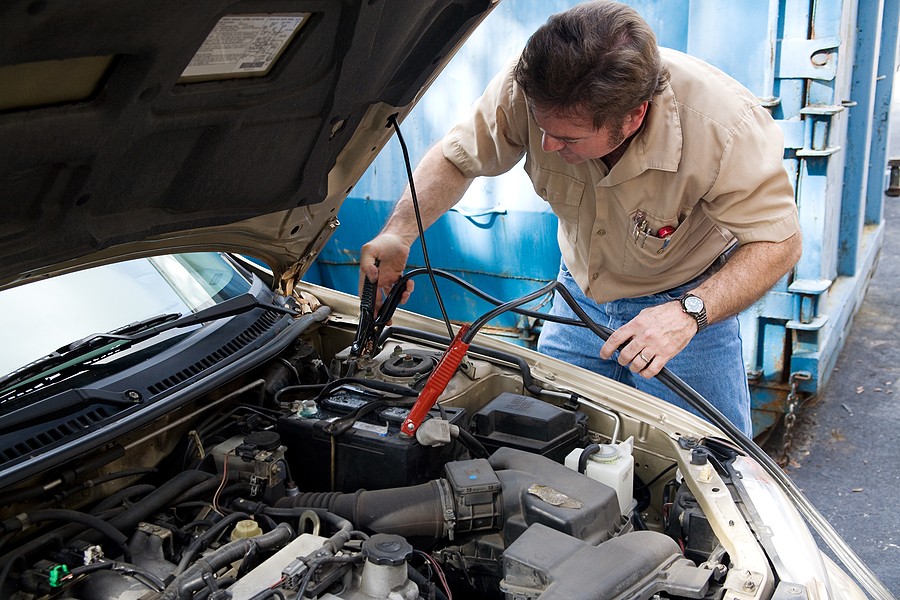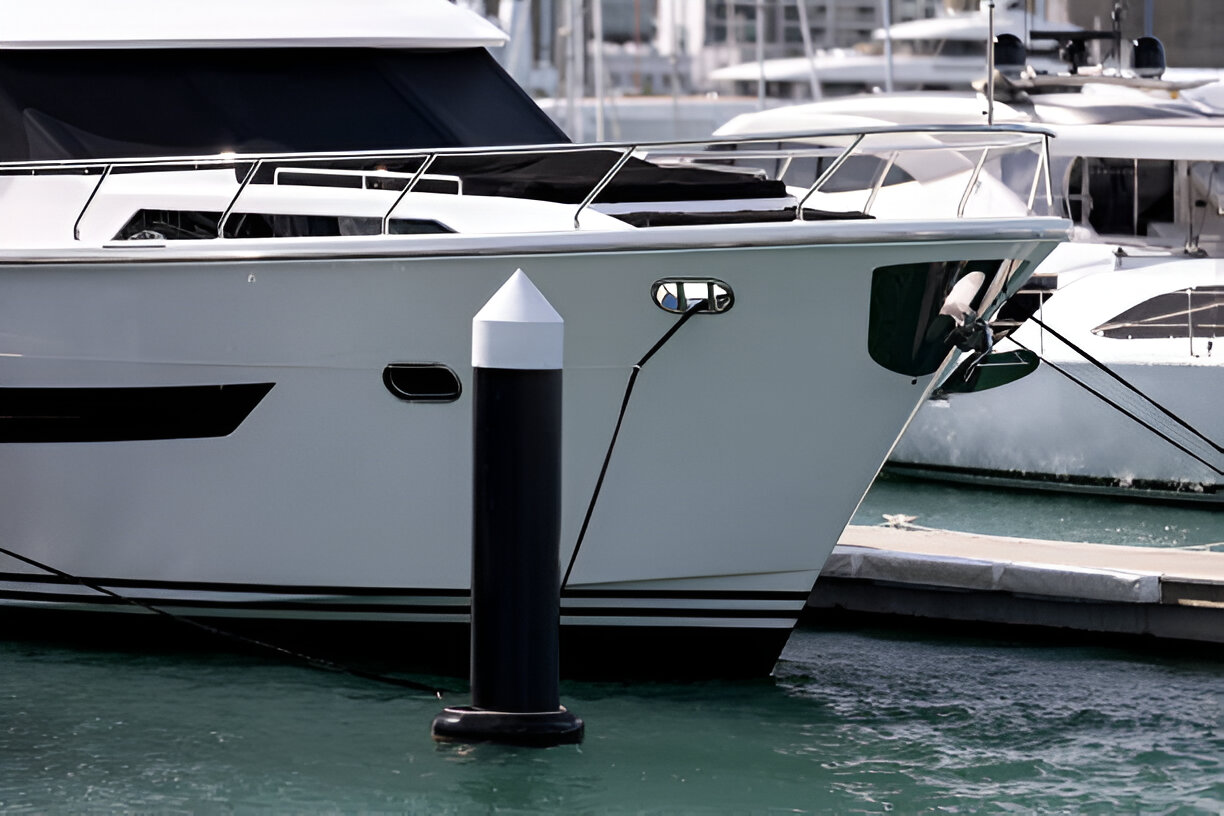
Experiencing a stalling engine can be both frustrating and dangerous. Whether it happens while idling at a traffic light or cruising down the highway, a stalling engine is a problem that needs immediate attention. Understanding the common causes of engine stalling and knowing how to address them can save you time, money, and stress. This blog post by cash for scrap cars Sydney will provide valuable tips and tricks to help you deal with a stalling engine effectively.
Understanding Engine Stalling
Engine stalling occurs when the engine stops running unexpectedly. This can happen due to various reasons, ranging from minor issues to more serious mechanical problems. Common causes include fuel system problems, ignition system issues, and air intake obstructions. By understanding these causes, you can better diagnose and address the problem.
Check the Fuel System
One of the most common causes of engine stalling is fuel system issues. If your car is not getting enough fuel, it will not run properly. Check the fuel pump, fuel filter, and fuel injectors for any signs of damage or clogging. Regular maintenance of these components can prevent stalling. Additionally, ensure that your gas tank is not running low, as this can also cause the engine to stall.
Inspect the Ignition System
The ignition system is crucial for starting and running your engine. If there is a problem with the ignition system, such as faulty spark plugs or a malfunctioning ignition coil, your engine may stall. Inspect the spark plugs for wear and tear and replace them if necessary. Similarly, check the ignition coil and wiring for any signs of damage. Regular maintenance of the ignition system can help prevent stalling issues.
Monitor the Air Intake System
The air intake system provides the engine with the necessary air for combustion. If there is a blockage or restriction in the air intake system, the engine may stall. Check the air filter for dirt and debris and replace it if needed. Ensure that the air intake hose is not cracked or leaking. Proper maintenance of the air intake system ensures a steady flow of air to the engine, reducing the risk of stalling.
Check for Vacuum Leaks
Vacuum leaks can cause the engine to run poorly and stall. These leaks occur when there is an unintended gap in the vacuum system, leading to air entering the engine without passing through the proper channels. Inspect the vacuum hoses for cracks, holes, or disconnections. Replace any damaged hoses and ensure that all connections are secure. Addressing vacuum leaks promptly can prevent stalling and improve engine performance.
Address Electrical Issues
Electrical problems can also lead to engine stalling. Issues with the battery, alternator, or wiring can disrupt the engine’s operation. Check the battery terminals for corrosion and ensure a secure connection. Test the alternator to make sure it is charging the battery properly. Inspect the wiring for any signs of damage or loose connections. Keeping the electrical system in good condition helps maintain engine reliability.
Also visit for scrap cars removal:https://totalcarremoval.com.au/car-removal-parramatta/
Consider the Engine Control Unit (ECU)
The Engine Control Unit (ECU) is the computer that manages various engine functions. If the ECU is malfunctioning, it can cause the engine to stall. Symptoms of a faulty ECU include erratic engine behavior and difficulty starting the car. If you suspect an ECU issue, consult a professional mechanic for a diagnostic test. Replacing or reprogramming the ECU may be necessary to resolve the stalling problem.
Seek Professional Help
While some engine stalling issues can be addressed through regular maintenance and inspections, others may require professional assistance. If you have tried the above tips and your engine continues to stall, it is best to consult a certified mechanic. They have the expertise and tools to diagnose and repair more complex issues that may be causing the stalling.
Preventative Maintenance Tips
Preventative maintenance is key to avoiding engine stalling and other automotive issues. Here are a few additional tips to keep your engine running smoothly:
Regular Oil Changes
Ensure that you change your engine oil regularly, as recommended by the manufacturer. Clean oil lubricates engine components, reducing friction and preventing overheating, which can lead to stalling.
Coolant System Maintenance
The cooling system is essential for preventing the engine from overheating. Regularly check the coolant level and inspect the radiator and hoses for leaks. Flushing and refilling the coolant system as per the manufacturer’s schedule keeps the engine operating at the right temperature.
Timing Belt Replacement
The timing belt is crucial for synchronizing the engine’s components. If it fails, the engine can stall and sustain serious damage. Follow the manufacturer’s recommendations for timing belt replacement to avoid unexpected failures.
Battery Care
A healthy battery ensures that your car starts reliably and runs smoothly. Regularly check the battery’s charge and clean the terminals to prevent corrosion. Replace the battery if it shows signs of weakness or is over three years old.
Fuel Quality Matters
Using high-quality fuel can significantly impact your engine’s performance. Low-quality or contaminated fuel can clog the fuel system, causing the engine to stall. Always purchase fuel from reputable stations and avoid using old or stored fuel that may have degraded over time. If you suspect fuel contamination, consider using a fuel system cleaner to remove deposits and improve engine performance.
Stay Informed
Staying informed about your vehicle’s maintenance schedule and understanding the warning signs of potential issues can help you prevent engine stalling. Regularly consult your vehicle’s owner’s manual for maintenance guidelines and keep track of service intervals. By being proactive and attentive to your car’s needs, you can avoid many common problems that lead to stalling. Also read
Emergency Preparedness
Even with the best maintenance practices, unexpected engine stalling can still occur. Being prepared for such situations can ensure your safety and minimize stress. Here are some steps to take if your engine stalls unexpectedly:
-
Stay Calm: Remain calm and focused to handle the situation effectively.
-
Pull Over Safely: If possible, pull over to a safe location away from traffic.
-
Use Hazard Lights: Turn on your hazard lights to alert other drivers.
-
Restart the Engine: Attempt to restart the engine. If it does not start, avoid repeated attempts to prevent draining the battery.
-
Call for Help: If you cannot restart the engine, call for roadside assistance or a tow truck.
Conclusion
Dealing with a stalling engine can be challenging, but understanding the common causes and knowing how to address them can make a significant difference. Regular maintenance of the fuel, ignition, and air intake systems, as well as checking for vacuum leaks and electrical issues, can help prevent stalling. If the problem persists, seeking professional help is the best course of action. By taking these steps, you can ensure a smoother and safer driving experience.






